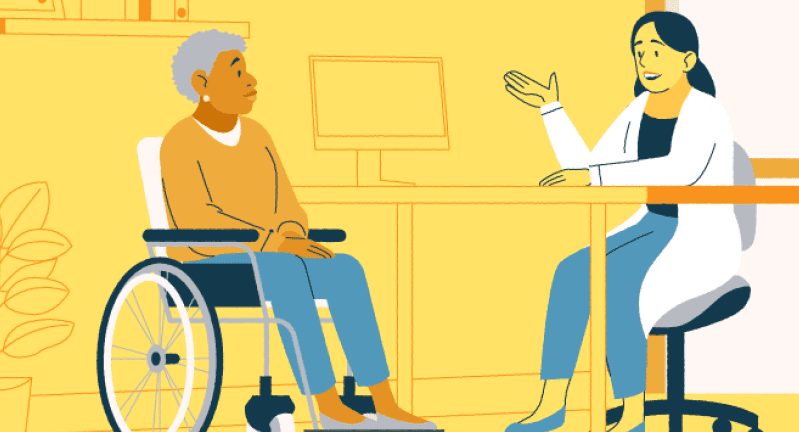Rehabilitation: Empowering Recovery and Restoring Quality of Life
Introduction

Rehabilitation is a vital aspect of healthcare that focuses on restoring function, independence, and quality of life for individuals with physical, cognitive, or emotional impairments. It encompasses a broad range of therapeutic interventions, techniques, and support systems designed to address the unique needs of each individual. In this comprehensive article, we will delve into the world of rehabilitation, exploring its definitions, types, importance, effects, and the transformative impact it has on the lives of those undergoing the rehabilitation process.
Definition of Terms:
Rehabilitation, in its essence, refers to the process of assisting individuals in recovering from injury, illness, or disability to regain optimal physical, cognitive, psychological, and social functioning. It aims to minimize limitations, maximize independence, and facilitate reintegration into society. Rehabilitation can encompass various disciplines, including physical therapy, occupational therapy, speech therapy, cognitive rehabilitation, and psychosocial support.
Types of Rehabilitation:
- Physical Rehabilitation: Physical rehabilitation focuses on restoring physical function, mobility, and strength. It includes therapies such as exercises, manual techniques, and assistive devices to improve range of motion, muscle strength, balance, and coordination.
- Cognitive Rehabilitation: Cognitive rehabilitation targets cognitive impairments resulting from conditions such as traumatic brain injury, stroke, or neurodegenerative diseases. It involves strategies and exercises to improve memory, attention, problem-solving, and executive functions.
- Speech and Language Rehabilitation: Speech and language rehabilitation addresses communication disorders, speech impediments, and swallowing difficulties. Therapies focus on improving speech clarity, language skills, articulation, and swallowing function.
- Psychosocial Rehabilitation: Psychosocial rehabilitation supports individuals with mental health conditions or emotional challenges. It includes therapies that promote emotional well-being, coping skills, social interaction, and community reintegration.

Importance and Effects of Rehabilitation:
Rehabilitation plays a pivotal role in the lives of individuals facing disabilities or impairments. Here are some key reasons why rehabilitation is of utmost importance:
- Restoring Function: Rehabilitation helps individuals regain lost or impaired physical, cognitive, and emotional functions. It aims to enhance independence, mobility, and daily living skills, allowing individuals to participate actively in their personal and professional lives.
- Pain Reduction: Many rehabilitation approaches incorporate pain management strategies to alleviate chronic pain caused by injuries or medical conditions. Through therapeutic interventions, exercises, and techniques, rehabilitation can significantly reduce pain and improve overall comfort.
- Prevention of Secondary Complications: Rehabilitation interventions focus not only on recovery but also on preventing secondary complications. For example, physical therapy after orthopedic surgery helps prevent muscle atrophy, joint stiffness, and contractures, promoting faster healing and minimizing long-term complications.
- Improved Quality of Life: By addressing physical, cognitive, and psychosocial challenges, rehabilitation contributes to an enhanced quality of life. It empowers individuals to regain self-confidence, engage in meaningful activities, and foster independence, leading to improved overall well-being.

Conclusion:
Rehabilitation serves as a beacon of hope for individuals facing disabilities, injuries, or impairments. It encompasses a comprehensive range of therapies and support systems designed to restore function, enhance independence, and improve the overall quality of life. Through physical, cognitive, speech, and psychosocial interventions, rehabilitation unlocks the potential for individuals to overcome challenges, achieve personal goals, and reintegrate into society. As healthcare professionals, caregivers, and society at large, it is crucial to recognize the significance of rehabilitation and support individuals on their journey to recovery.
Remember, rehabilitation is a collaborative effort between healthcare providers, individuals, and their support systems. By embracing the principles of rehabilitation, we can make a profound difference in the lives of those undergoing the transformative rehabilitation process.










